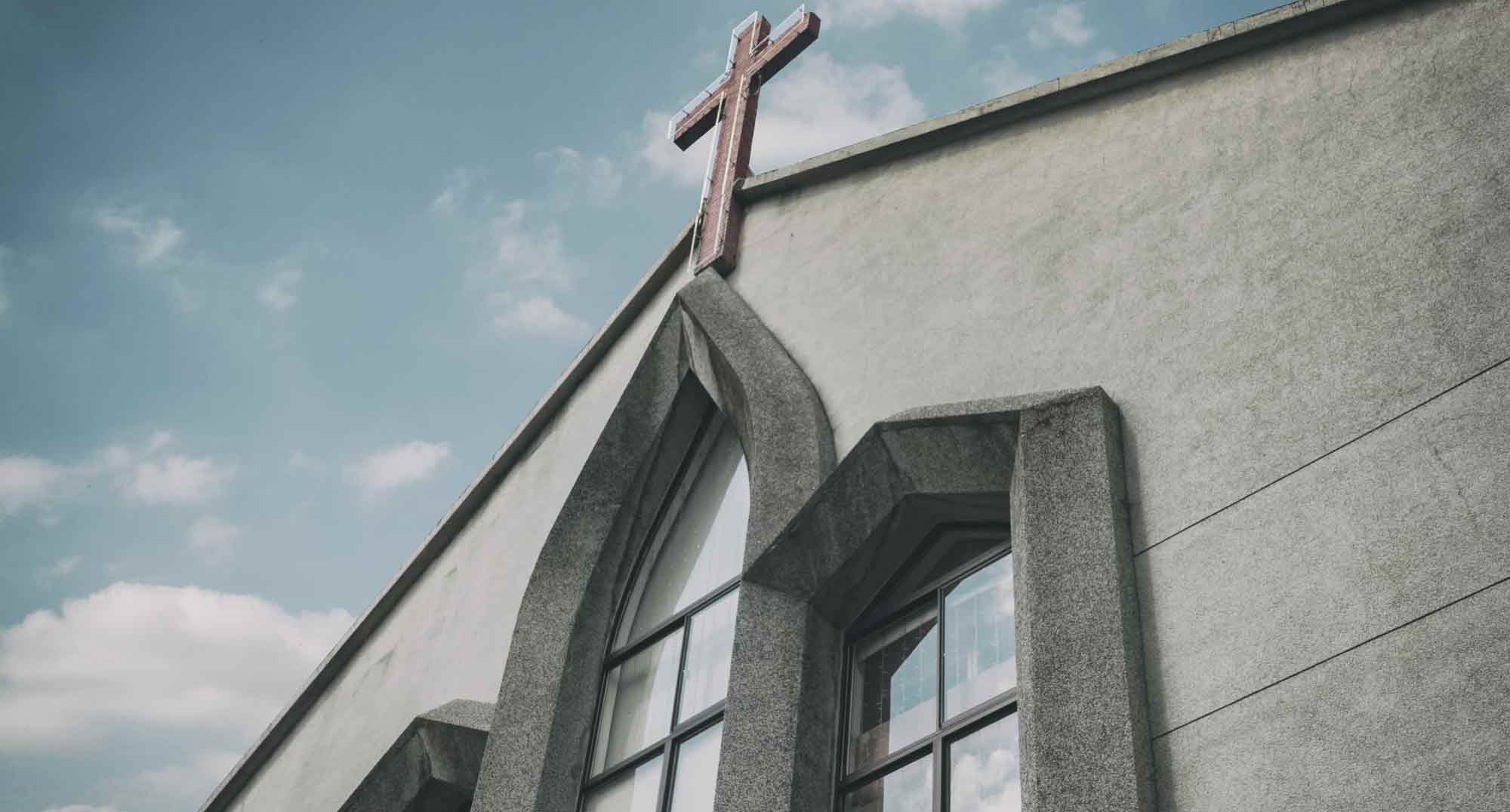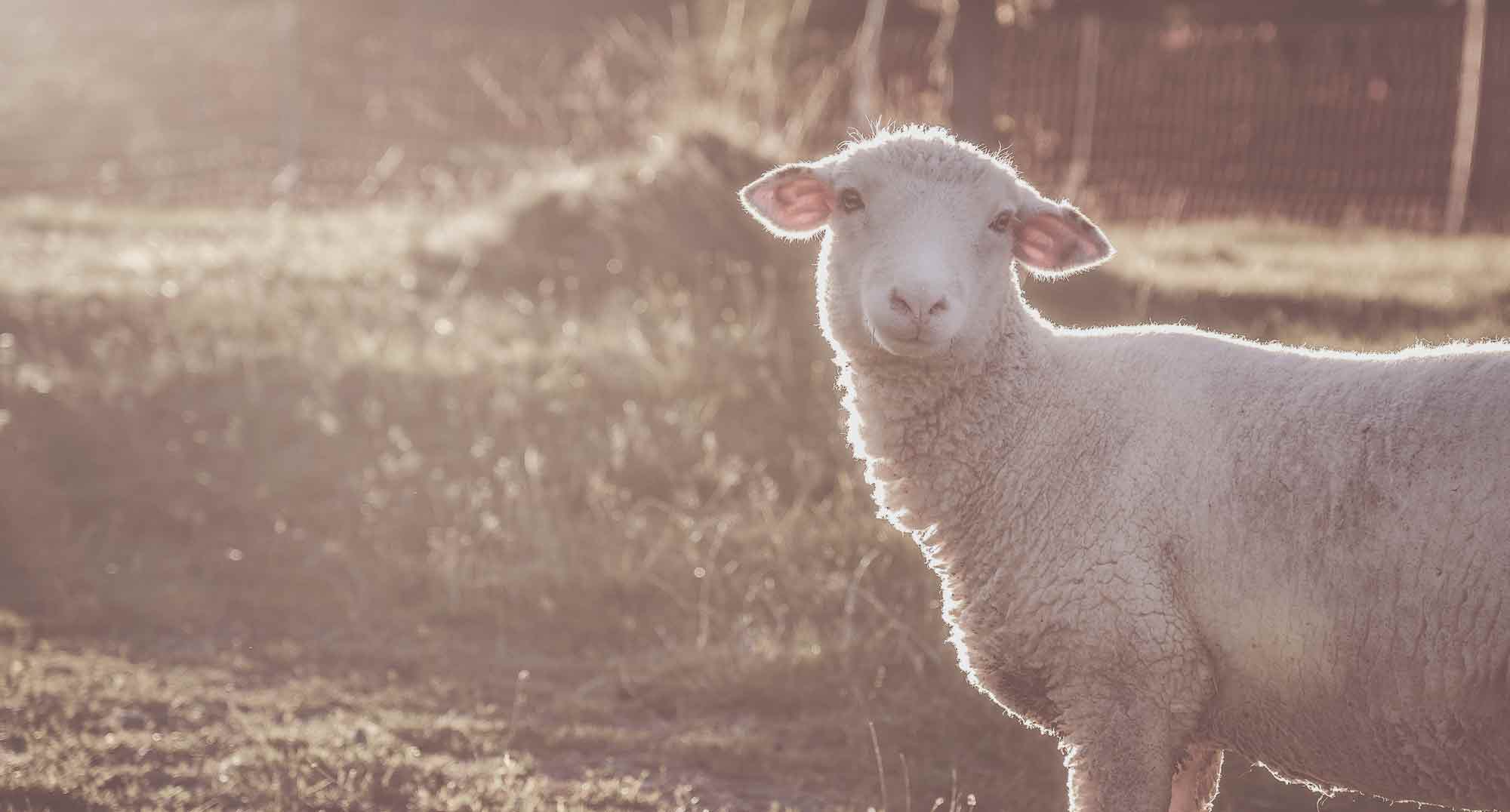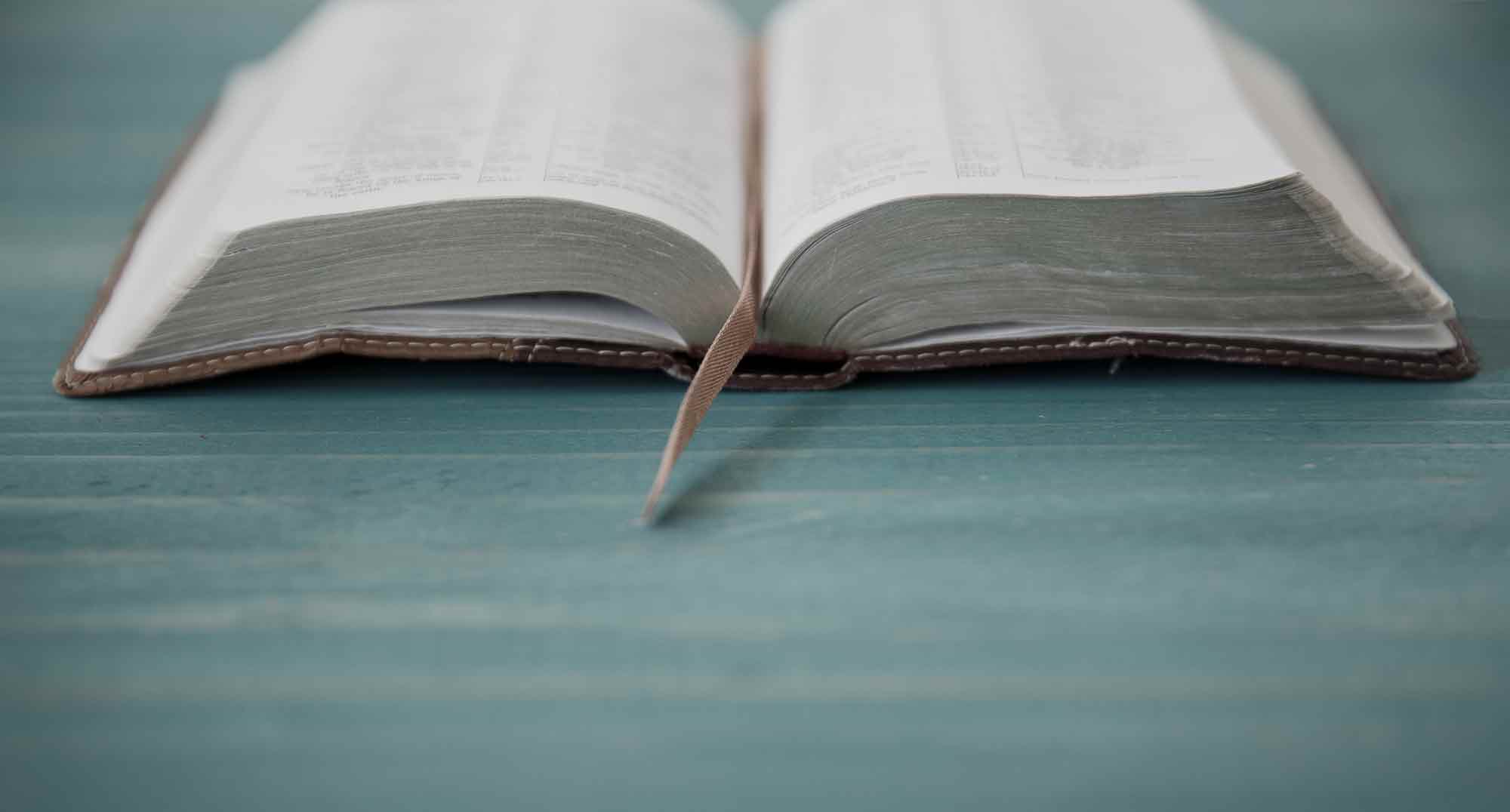I’m New Here! Did You Notice?
SAMI MACDONALD|GUEST As the resident of my 17th home in 34 years, my many memories of being the new girl often culminate in various cafeterias. Memories of circling tables while scanning for an open seat, holding a tray that feels as wobbly as my quickly beating heart. I remember wanting to ask the scariest question: “Is this seat taken?” What I really wanted wasn’t just a seat, but for someone kind to notice me and offer me a seat at her table. I longed to belong. And that longing doesn’t end when schoolgirl days are over. Maybe you have been here, too. Being new – to a church, town, job, or just walking into any room full of unfamiliar faces – can leave us feeling quite vulnerable. Newness stirs in us a deep fear of isolation, including her counterparts’ shame and rejection. About this, the Gospel has much to say. I invite you to consider periods of transition as opportunities to lean into the rich spiritual realities of our bond with Christ. Let’s look to the beloved book of Ruth, whose story of new girls in a new land demonstrates God’s faithful love. Ruth and Naomi were single women uprooted from their home country. Being in a foreign land wasn’t just uncomfortable, but dangerous. In a patriarchal society, they were vulnerable without a husband’s provision. In God’s kindness, Ruth is seen by Boaz, who eventually becomes her redeemer. “Then she fell on her face, bowing to the ground, and said to him, “Why have I found favor in your eyes, that you should take notice of me, since I am a foreigner?” (Ruth 2:10) We also are seen in our vulnerability. Acknowledging the reality of our aloneness in new situations is appropriate but does not have to define us. At one time we were indeed separated, alienated, and without hope (Eph. 2:12). But we find rest when we remember God graciously fixed His gaze upon our vulnerability and brought us near, grafted us into Himself, sheltering us under His wings. These aren’t just momentary truths at salvation or future hopes for eternity. Our Father sees our vulnerabilities now and it is in His very character to move toward our needs (Matt. 7:11). Furthermore, Boaz not only sees Ruth’s needs, but he also welcomes her to his personal table. “And at mealtime Boaz said to her, “Come here and eat some bread and dip your morsel in the wine.” So she sat beside the reapers, and he passed to her roasted grain. And she ate until she was satisfied, and she had some left over” (Ruth 2:14). Boaz is a pointer to Christ. He doesn’t just satisfy her need for a meal, but as the story unfolds, he marries her, providing ultimate security as she joins his covenant family....







